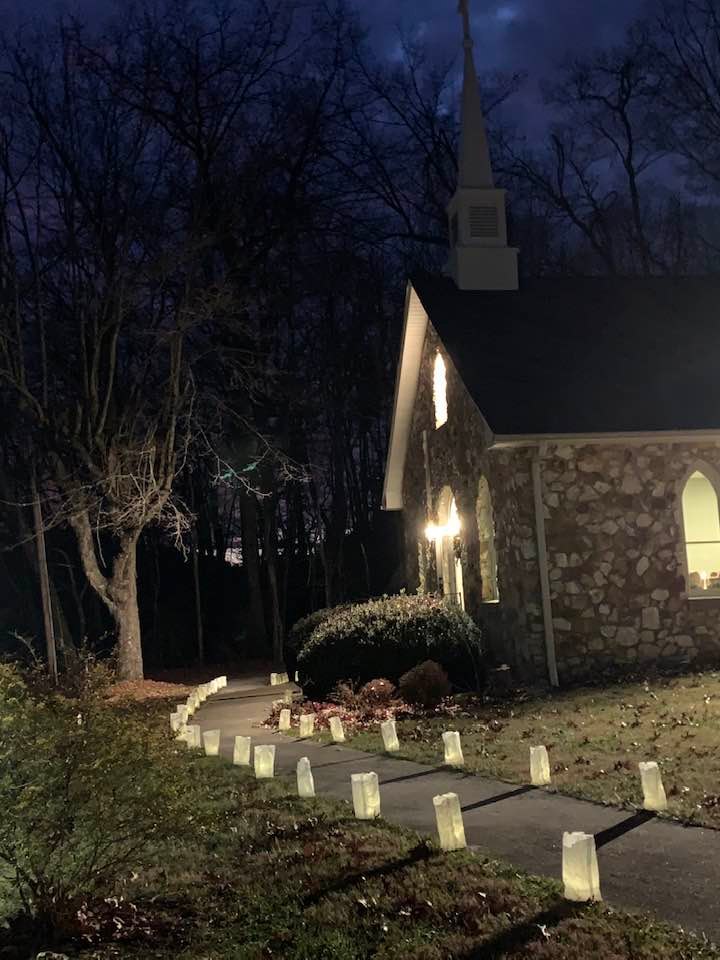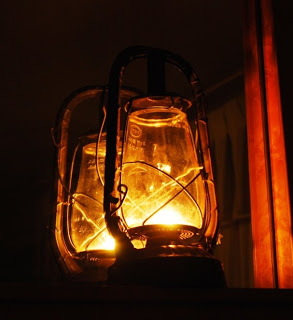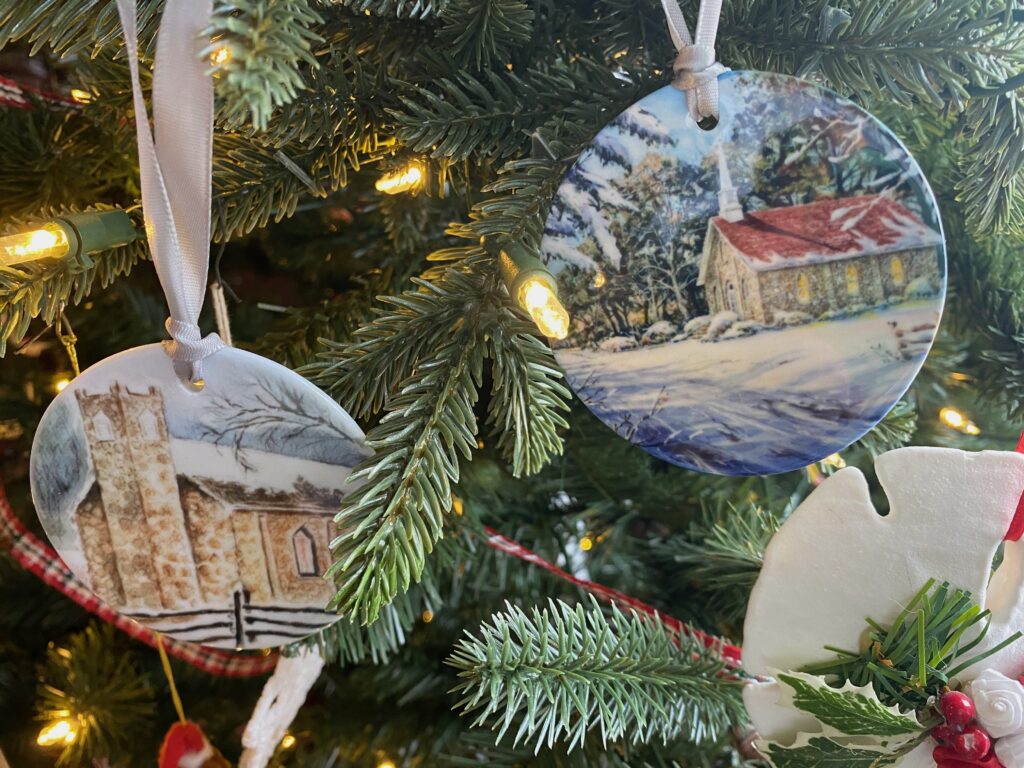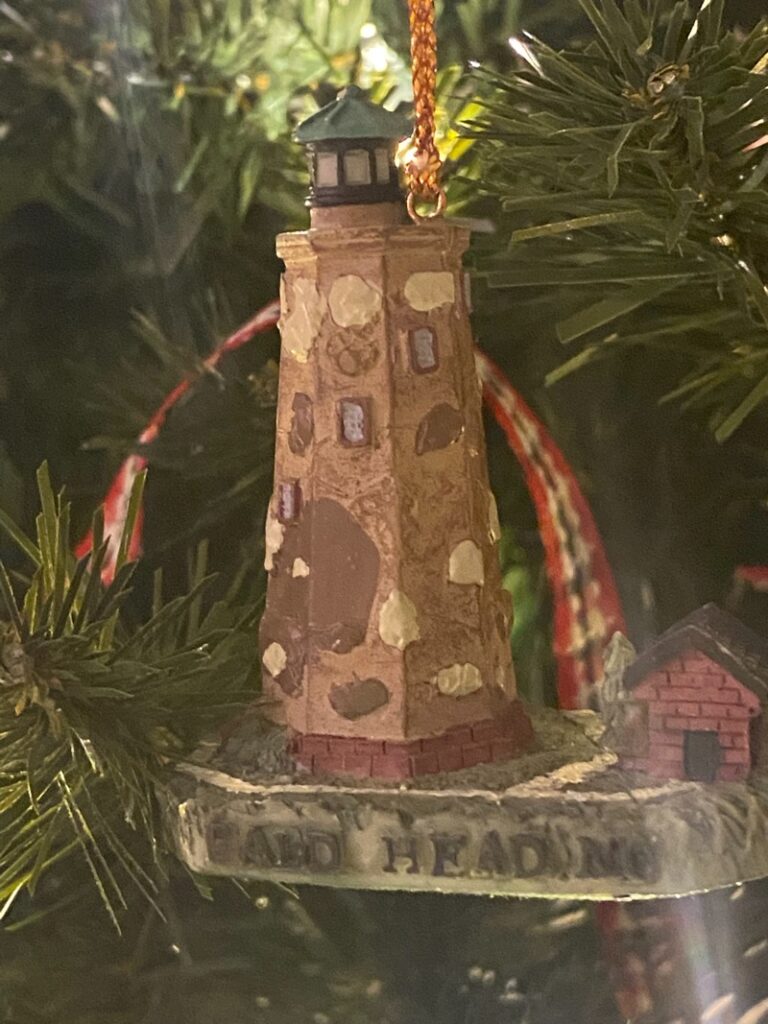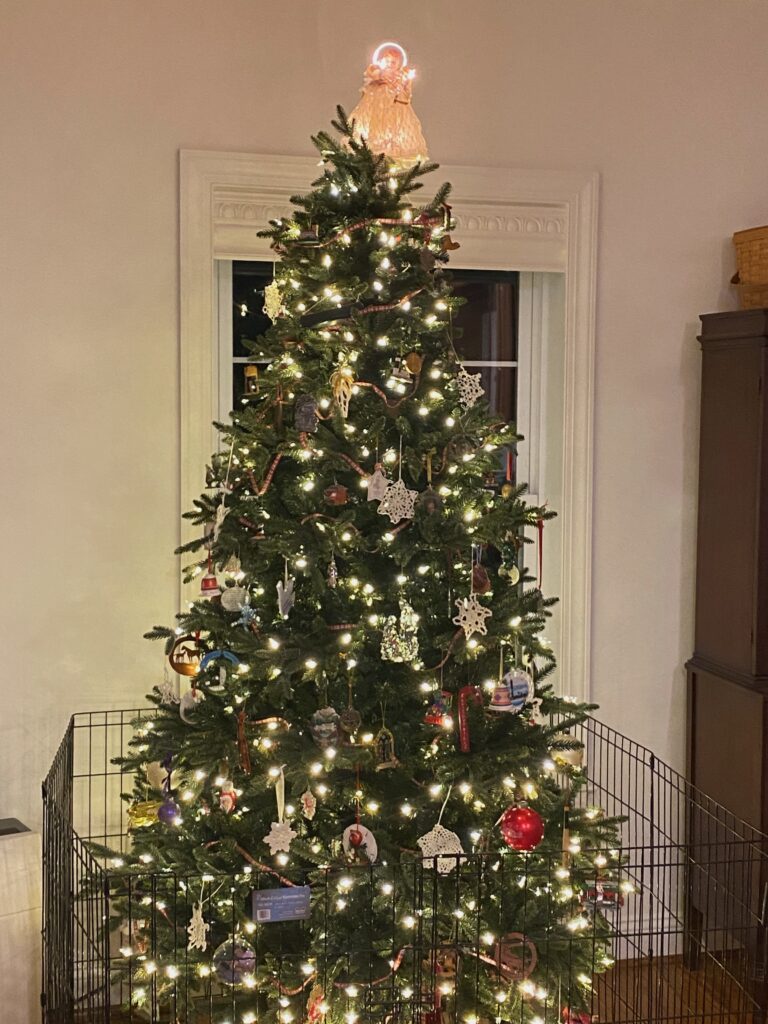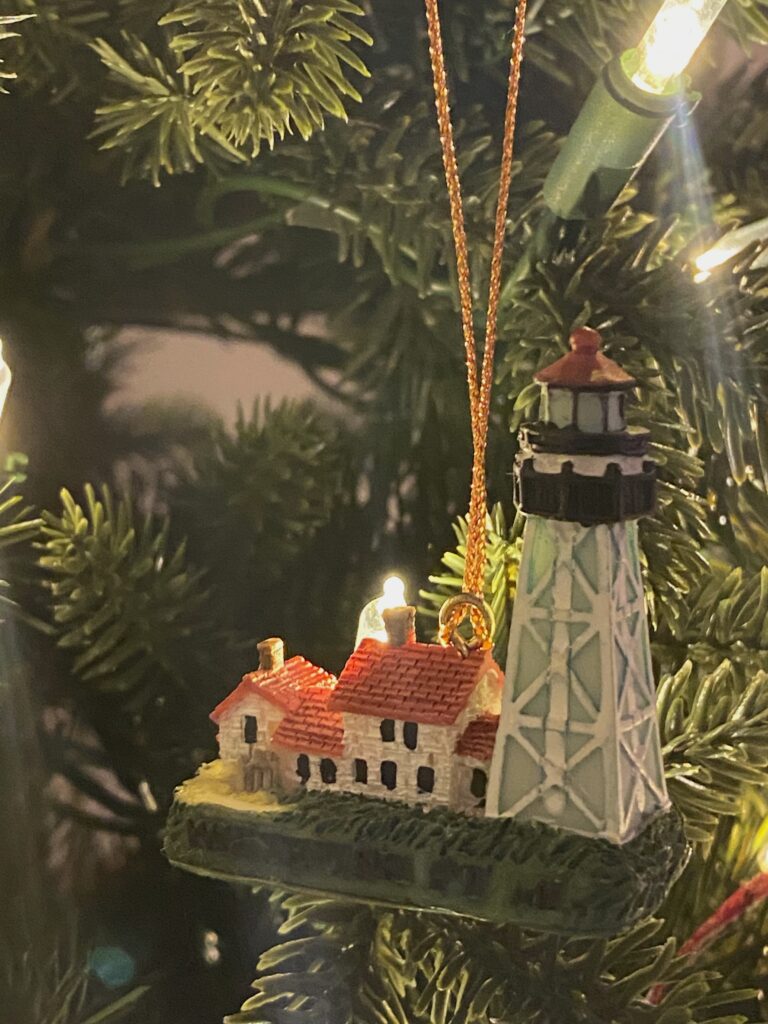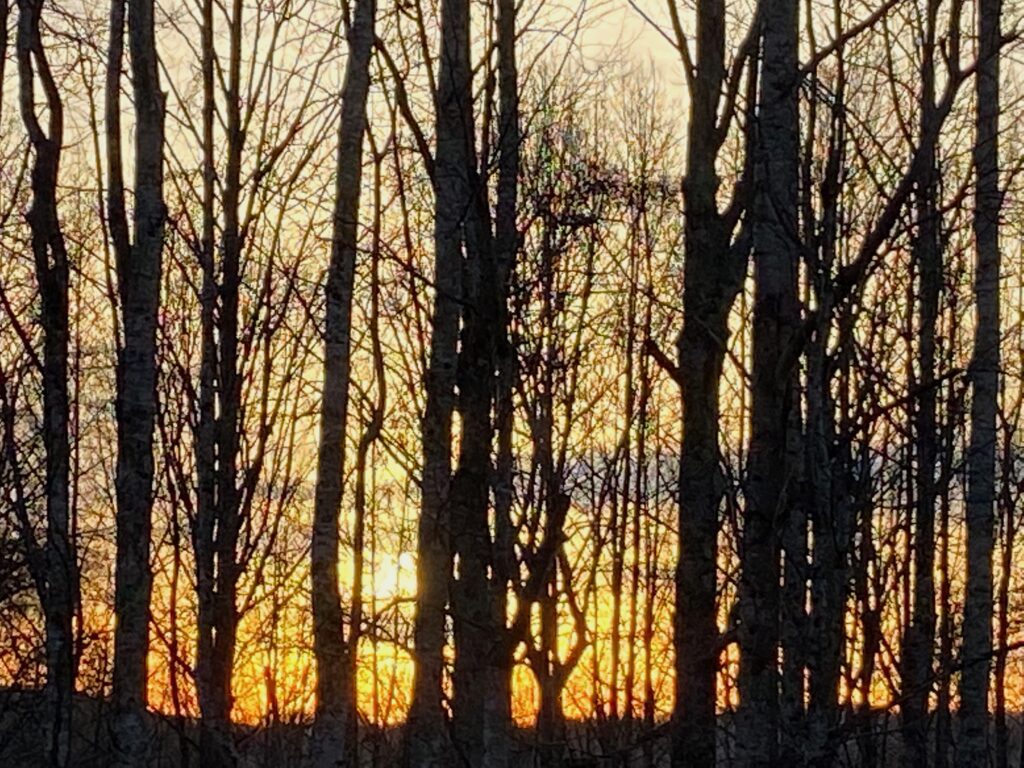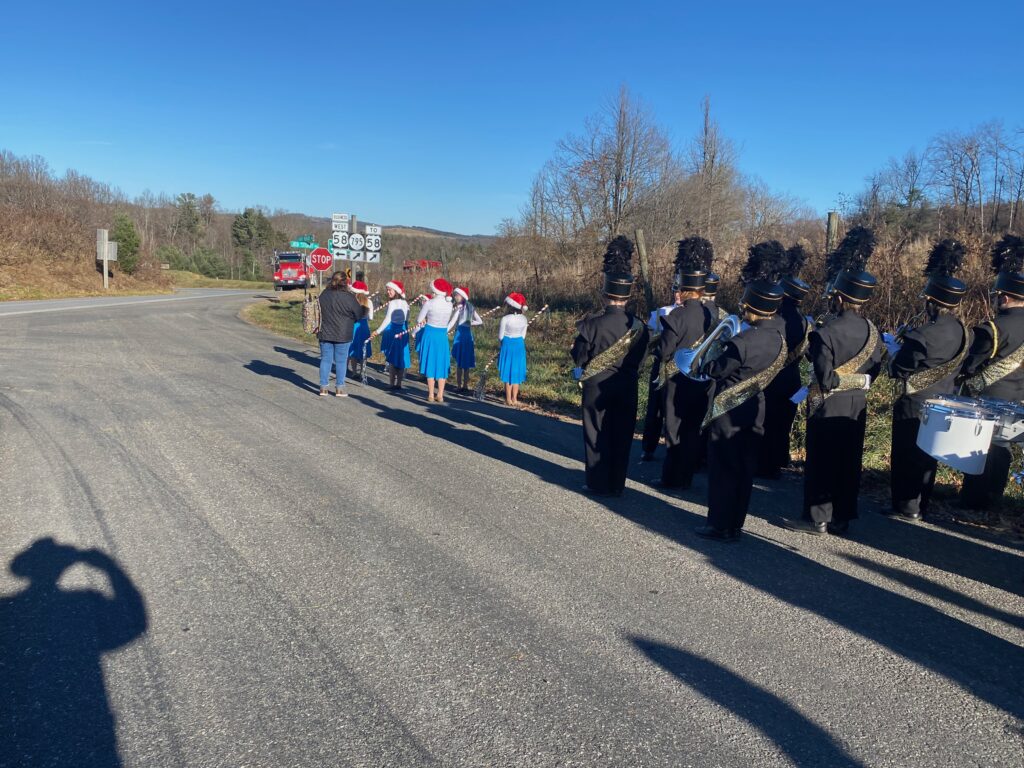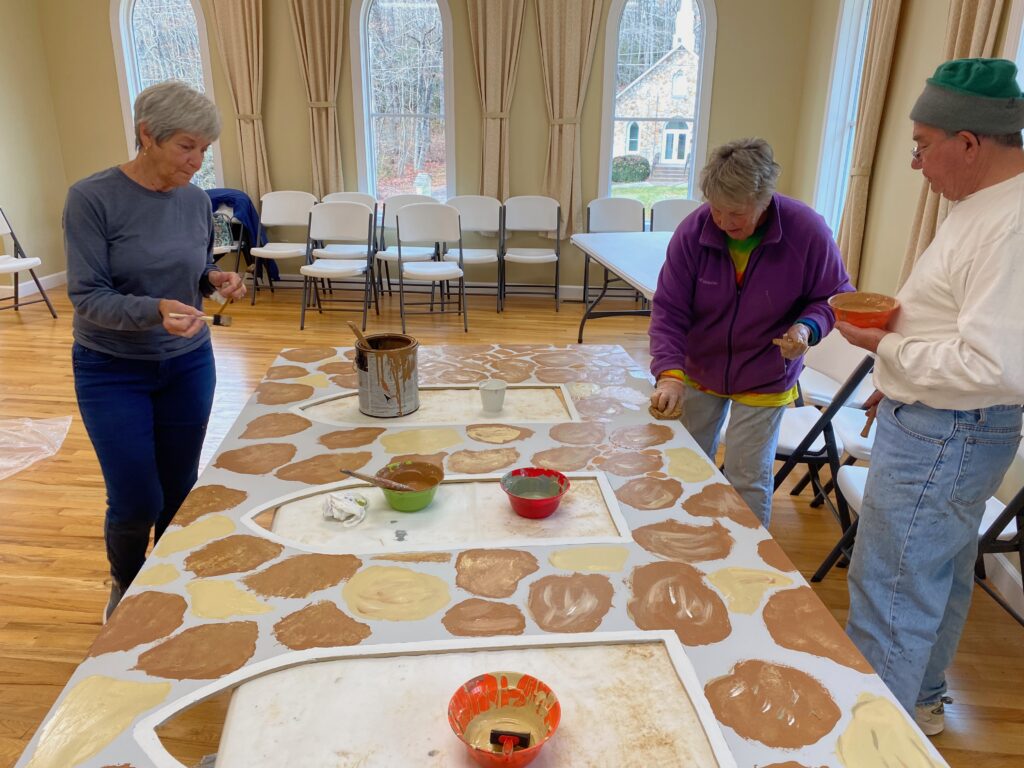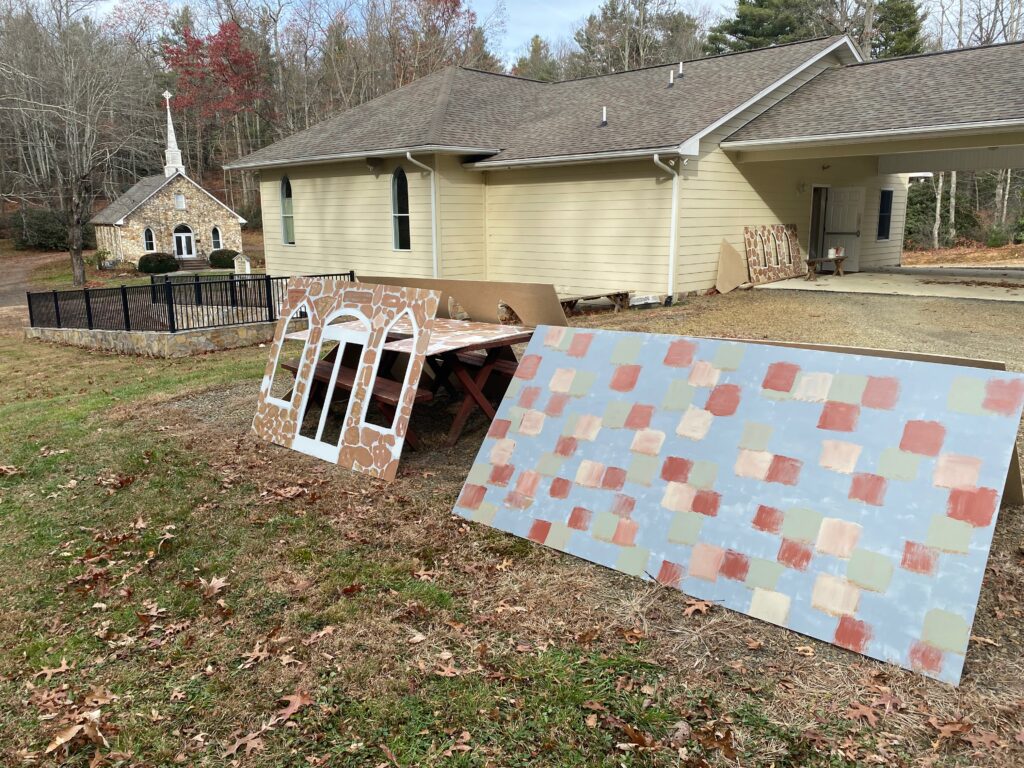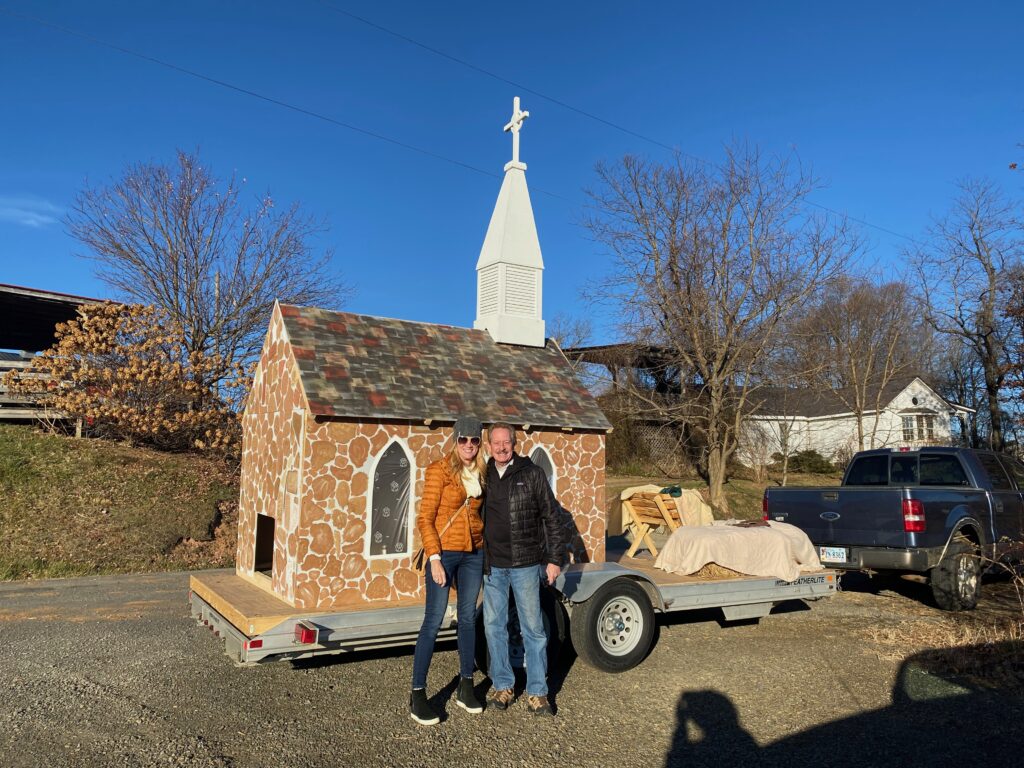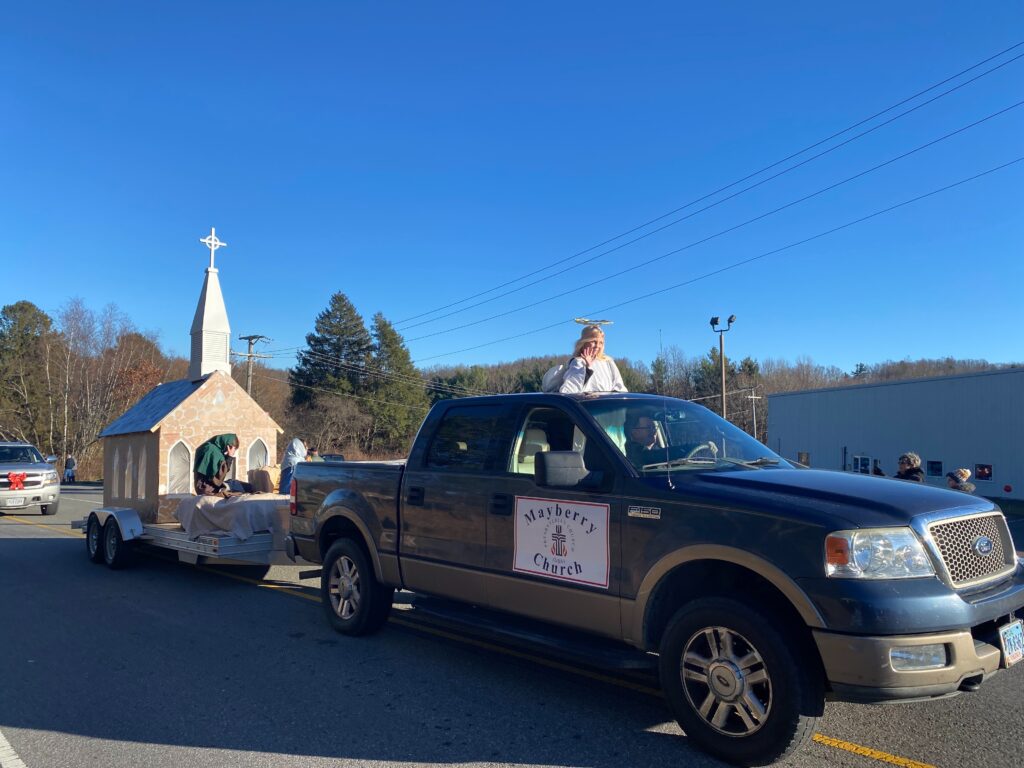Jeff Garrison
Bluemont and Mayberry Presbyterian Churches
December 26, 2021
Luke 2:41-52
A few years ago, one of our missionaries in South Korea shared a story about a boy named Amos (obviously, that’s not his Korean name and for obvious reasons, the missionary didn’t use real names). Amos’ father was from North Korea and spent ten years in a labor camp before escaping to Russia.
He lived there illegally and fell in love with a Russian woman. But they couldn’t marry because of his status. If he’d been discovered, he would have been sent back to North Korea, so they lived together and they had a son, Amos. The mother died when Amos was small, but because he was not legally linked to the father, he was taken to an orphanage. The father moved to be near the orphanage where he could visit his son and keep an eye on him. Then came the day that he learned his son was to be adopted. Fearing he’d never see his son, the father gambled and called on the South Korean embassy. After some political wrangling, he was allowed to migrate with his son to South Korea.
When we think things are difficult in our lives, we should remember Amos and his father.[1] The bond between a parent and a child is great and when threatened, it’s heartbreaking, as we’re going to find out in our text today.
Today, a day after we celebrated Jesus’ birth, we’re looking at his young life. We don’t know much about his upbringing. The teachings of the Apostles focused chiefly on Jesus’ public ministry—from his baptism through the resurrection. Only two of the four gospels give us any detail about Jesus’ birth, and they both provide only a fleeting glimpse of Jesus’ life between his birth in Bethlehem and his baptism by John. Matthew tells us the holy family spent time in Egypt—as refugees. Luke tells us two things about Jesus’ early life—his circumcision on the 8th day and the family’s yearly visit to the temple with some more detail provided about this visit when Jesus was 12 years old. This is the passage I’m using for today’s message.
I wonder if Luke received his information about Jesus’ birth and childhood from Jesus’ mother Mary. Twice in the 2nd chapter, we’re told that Mary pondered or treasured what happened to Jesus in her heart.[2]It seems quite probably that by mentioning Mary’s pondering these thoughts, she was the source for Luke’s information.
We have so little information about Jesus’ early life and are left wondering… At best, in Luke’s gospel, we can only account for a few weeks of Jesus’ first thirty years. In our age where people focus on childhood experiences and their psychological impact on the rest of our lives, we’re curious. And we’re not the only ones. Even in the early church there was much curiosity about Jesus’ upbringing, which led to the publication of many apocryphal and extra-biblical writings about what Jesus said and did as a child. But most of these accounts are so fantastic that they were easily dismissed.[3]
The Holy Spirit inspired what we have: the four gospels with their limited insight into Jesus’ early life. So, we must be satisfied with these glimpses of Jesus’ childhood. We can save any other questions for table talk at that great banquet in heaven. Let’s now look at today’s text.
Probably one of the worst nightmares for a parent comes from the fear of losing a child. I told you the story about the Korean boy at the beginning of the sermon. It came from an article titled “The Shepherd of North Korea,” written by a Presbyterian missionary in South Korea.
The author recalls his real education on God’s shepherding. Shortly after he and his family moved to Seoul, they visited an open-air market. I’ve been in some of those crowed markets. You wind through alleyways, with way more people than space. He and his wife then realized that his daughter no longer had his hand. What happened next, he described, was “five minutes of hell” as they searched for the small girl in the crowds of people speaking a strange language.[4] Luckily, they found their daughter, crying and terrified, but safe. It’s a horrifying thought; it’s our worst nightmare, not knowing where a child is located and knowing there is no way you can help him or her. If we think about the emotions the thought of losing a child brings to us, we can empathize with Mary and Joseph.
Mary and Joseph are devoted Jews. In some ways, their actions go beyond the demands of the law, which required adult Jewish men to go to the temple for Passover. Those living around Jerusalem observed this requirement, but those living more than a day’s journey or roughly 20 miles from the city, were excused. For those living far away, the trip was made less frequently and, in some cases, was a once in a lifetime journey. The holy family, however, attended every year. That’s devotion for the hard journey would have taken then four days of walking, each way. Even more remarkable, both Joseph and Mary attend! Mary wasn’t required. She could have stayed home. But Luke leaves us with a picture of devout parents raising Jesus.
The fact that this is Jesus’ twelfth year is also telling, as perhaps he has gone through his bar mitzvah. Now Jesus is, in Jewish eyes, a “son of the law.” At this point, he’s obeying the command to attend Passover.[5]
There is much speculation about what these journeys to and from Jerusalem were like. Most likely, the pilgrims traveled in caravans or groups of like-minded people. The men walked together and discuss theology briefly, before the talk switched to the World Series, Superbowl, business, how they are all hen-picked by their wives, or equivalent subjects of the first century. Likewise, women walked together. They talked about kids and school, celebrities, and the inattentiveness of their husbands. Children also gathered to play with each other, to sing, and keep each other company while complaining about their parents. Not much has changed. Since this was a male-dominated society, the children mostly hung out within sight of mom.
Perhaps this is how it happened. Leaving Jerusalem and heading north to their home, Joseph engaged in conversation with other men and thought that Jesus was with Mary. And Mary, knowing that Jesus is now 12, almost a man, assumed he was with his dad. And even if he wasn’t with dad, he could have been traveling with some of his cousins. Jesus himself is at the in-between age; he’s not quite an adult (that’ll happen according to their tradition on his next birthday), but he’s also no longer a child and he’s putting aside childish games. Being in this no-man’s land, Jesus falls through the crack and it’s not until that first night, when Mary and Joseph reunite, that they realize he’s missing. Unable to find him among the pilgrim’s camp, they worry.
They’re now a day’s journey from Jerusalem. They immediately turn around and hike back to the city and look for him. Not only are they devoted to their religious teachings, but they are also devoted to their child.
It’s on the third day (a day traveling from Jerusalem, a day traveling back to the city, and a day of looking) that they find Jesus. Luke may be foreshadowing or hinting at the time between Jesus’ death and his resurrection. Jesus is having an adult conversation with the intellectuals of the faith, but Mary isn’t impressed. “Why have you treated us like this?” she yells. “Your father and I have been worried.” Mary’s response is natural; all of us who have children have probably said this or something very similar at some point in their upbringing.
Jesus replies, asking why they were searching, as if he didn’t know, and then, playing on words, asked if they didn’t know that he would be in his Father’s house. Mary and Jesus use the word Father, Jesus capitalizes his use, (or, it’s capitalized in the English version due to our grammar). Mary of course, uses father to refer to Joseph while Jesus is talking about our heavenly Father. But Jesus’ comments are not a rebuke of his parents, for we’re told that he returned home with them and that he remained obedient.
There’s an unanswered question here. Had Mary forgotten about her pregnancy and Jesus’ miraculous birth complete with angels and strangers bringing gifts? Luke doesn’t say she had a brain lapse and suddenly snapped out of it, saying, “Oh silly me, I forget, we should have looked here first.” Luke is doing two things. First he’s showing that Jesus, even with his divine nature, was part of a normal family, one that cared for and worried about the kids.
Secondly, Luke sets up early in his gospel the tension that will later become more prominent in Jesus’ ministry—a tension between one’s family and God. Jesus himself faced this problem as we see here and later in his life as his brothers challenged his ministry.[6]
Luke uses this story to illustrate Jesus’ growing awareness. As Jesus matures, he begins to understand his destiny, as Luke points out in verse 52. Luke also shows the human dynamics of a family struggling with such a calling. Jesus’ mother would stick by him, even being there at the cross. Certainly, Jesus’ ministry caused her much heartbreak, of which this little blip in his childhood is only the beginning. Yet, she knows he’s destined for something greater than she could ever imagine. She does her part, raising the child, but when the time comes, must let him go to do his Father’s work.
Looking at this story from this angle, we can see it affirms both the role of the parents (after all, when they found Jesus, he obeyed them and returned home) and the need for a growing boy who’s almost a man to spread his wings, so to speak. The family, as well as the larger community present at Passover, did their parts in preparing Jesus for his life and ministry. Could we ask for more? Is there anything more important a community or a family can give the young people with whom they are entrusted? Therefore, when we baptize children, we require parents as well as the congregation, the child’s worshipping family, to pledge their support.
And when the parents and the community have faithfully raised a child, that child must then be given the freedom to follow his and her own path. Here, we see that ultimately the focus isn’t on the family; it’s on doing the work of the Heavenly Father. When this is kept in perspective, our priorities fall into place, just as they did for Joseph and Mary.
Raising children is both a blessing and a responsibility that we share with Mary and all other parents. Like Mary and Joseph, it is easy for us to get busy about our own concerns and forget our role in preparing our children to be about the business of their Heavenly Father.
As we end this year and begin the next, think about our responsibility to the children in our homes, our community and of the world. What might we do, in our homes and in our neighborhood, to help our children grow up wanting to serve their Heavenly Father? What might we do to support children around the globe? We have a responsibility and we’re all in this together. Amen.
[1] Samuel Weddington, “The Shepherd of North Korea,” Presbyterian Outlook, 10 December 2012. See https://pres-outlook.org/2012/12/the-shepherd-of-north-korea/
[2] Luke 2:19 & 51.
[3] Norval Geldenhuys, The New International Commentary on the New Testament: The Gospel of Luke (Grand Rapids: Eerdmans, 1983), 125-126,
[4] Weddington, “The Shepherd of North Korea.”
[5] Fred B. Craddock, Luke: Interpretation, a Bible Commentary for Teaching and Preaching (Louisville: John Knox Press, 1990), 41.
[6] See John 7:1-5.
